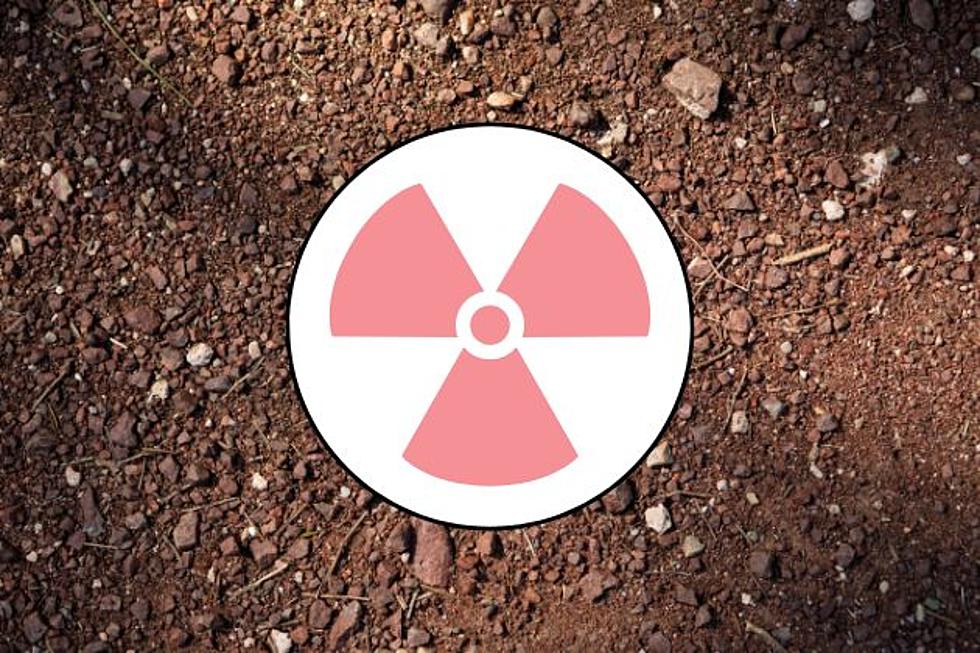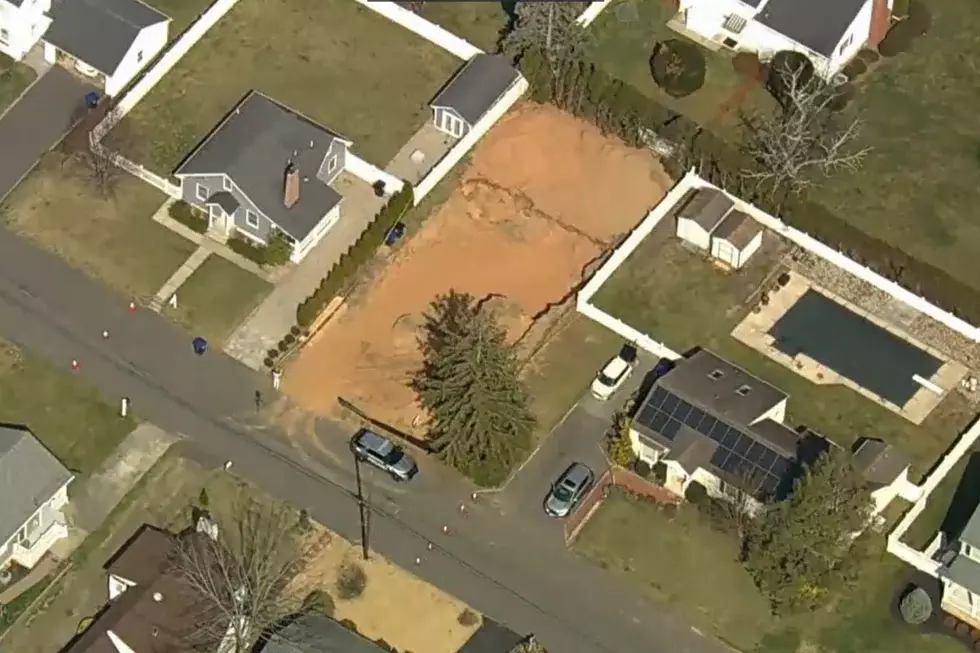
NJ’s ‘dirty dirt’ law — clean fill may be the opposite
⚫ Getting dirt for free? Ask to see a license.
⚫ 'Clean' fill may look clean, but you can't see toxins.
⚫ There's a New Jersey law and local ordinances targeting this issue.
That dirt isn't .... dirty, is it?
A relatively recent New Jersey law that targets illegal dumping of contaminated dirt flew under the radar during the pandemic, and advocates and officials want to make sure you're fully aware of the rules in place.
With New Jersey's Dirty Dirt legislation, individuals and businesses engaged in transporting and distributing recycled dirt need to be registered with the New Jersey Department of Environmental Protection.
The law was signed a few years after a State Commission of Investigation report detailed "corrupt recycling practices and the improper disposal of contaminated soil and debris."
Still, you're being warned to do your homework before dealing with entities that are offering you "free clean dirt" or "free fill." There may be a reason someone's trying to unload something for little or no cost.
"We still have unscrupulous actors that are trying to skirt the law," said Doug O'Malley, director of Environment New Jersey. "If it's coming from a contaminated site, if it has pollutants and carcinogens in it, we do not want that anywhere near your property or your street or your community."
So residents and businesses can ask to see one's active A-901 license before doing business with a provider.
The dirty-dirt issue was the focus of a special notice from the Morris County Prosecutor's Office to the public in late March. In a high-profile case in neighboring Sussex County, a man had accumulated what was being described as seven stories of waste on his property. According to officials, runoff from the truck-dumped dirt showed elevated levels of toxic compounds and pesticides.
"Dirt does not just sit there," O'Malley told New Jersey 101.5. "Those pollutants end up circulating and filtering into our groundwater and polluting our water supply."
Residents receiving dirt from a contractor or landscaper can be extra cautious by requesting information on the origin of the material, as well as testing results on the material, DEP says.
Beyond the state law, select towns have implemented their own protections to reduce the threat of unsafe fill hitting their communities.
In Wantage, for example, anyone who's bringing in more than 25 cubic yards of soil needs to obtain a soil importing permit. In Frankford, you need a permit to put outside soil on township land.
Dino Flammia is a reporter for New Jersey 101.5. You can reach him at dino.flammia@townsquaremedia.com
Click here to contact an editor about feedback or a correction for this story.
LOOK: Here are the states where you are most likely to hit an animal
Weird things NJ taxes - and some they don't
More From New Jersey 101.5 FM









